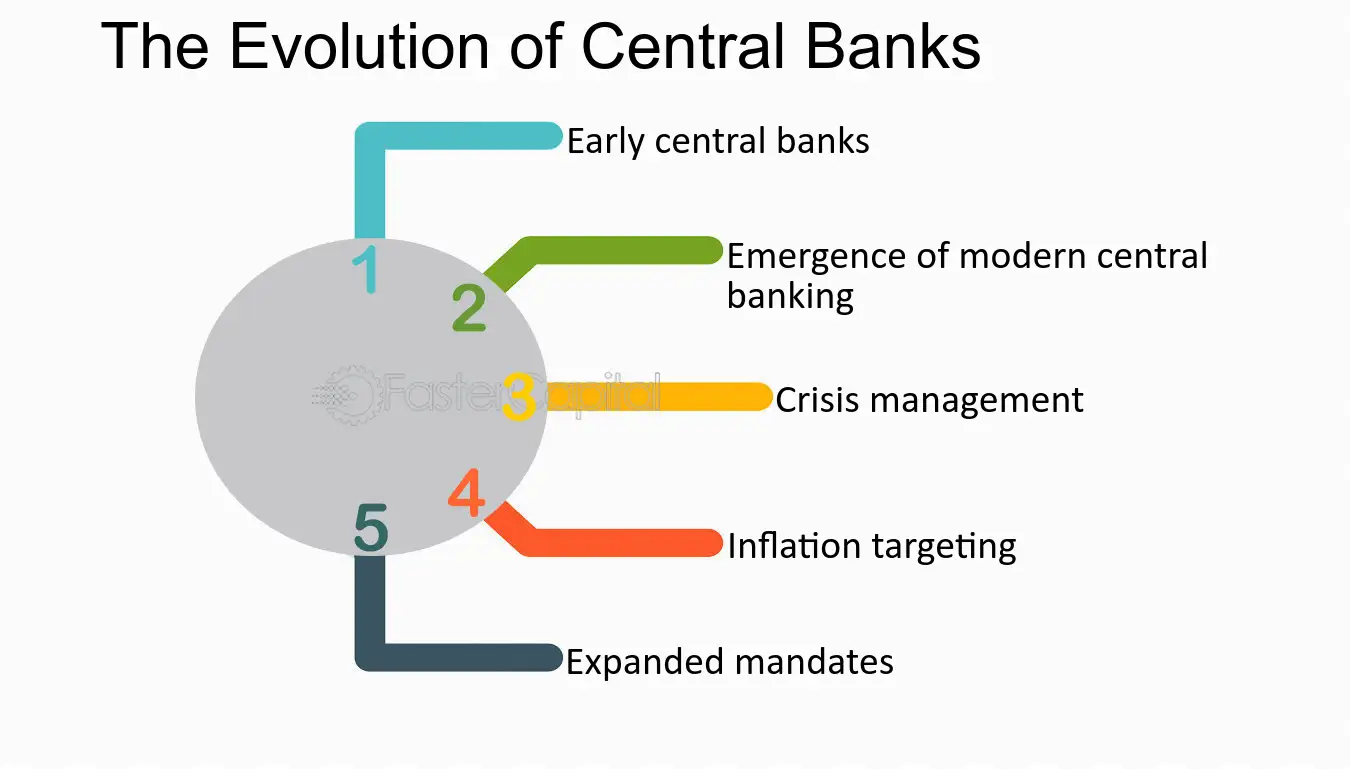Prophet Muhammad (PBUH): Life, Teachings, and Enduring Legacy of Mercy and Guidance

18/08/2025
Author: Shaharia
Prophet Muhammad (PBUH) embodies mercy, wisdom, and guidance. Explore his life, teachings, and timeless legacy that continues to inspire over 1.9 billion Muslims worldwide.
Prophet Muhammad (PBUH): Life, Teachings, and Enduring Legacy
Prophet Muhammad (PBUH), the final messenger in Islam, was born in Mecca in 570 CE, a city rich in culture and tradition. His early life was marked by hardship—he lost his father before birth and his mother at a young age—but these challenges shaped his character, teaching him empathy, patience, and resilience.
Early Life and Character
Known as Al-Amin (the trustworthy), Muhammad (PBUH) exhibited honesty, kindness, and wisdom even as a young boy. He worked as a merchant, gaining a reputation for fairness and integrity, traits that earned the respect of his community.
At the age of 25, he married Khadijah, a successful businesswoman who became his lifelong supporter. Their partnership exemplified mutual respect, love, and faith, laying the foundation for a family deeply rooted in ethics and spirituality.
Revelation and Prophethood
At 40, while meditating in the Cave of Hira, Muhammad (PBUH) received his first revelation from Allah through Angel Jibreel (Gabriel). This marked the beginning of his mission: guiding humanity towards justice, compassion, and submission to one God.
Over the next 23 years, he preached monotheism, moral integrity, and social responsibility. Despite facing opposition, persecution, and even exile, he maintained patience and forgiveness, demonstrating leadership through moral courage rather than force.
Key Teachings
Prophet Muhammad’s (PBUH) teachings cover all aspects of life:
-
Compassion and Mercy: Always prioritizing kindness, even toward enemies.
-
Justice and Equality: Advocating for fairness regardless of social status, gender, or tribe.
-
Family and Community: Emphasizing the importance of strong family bonds and community welfare.
-
Pursuit of Knowledge: Encouraging education and self-improvement as a lifelong duty.
-
Spiritual Connection: Promoting regular prayer, reflection, and ethical conduct.
Legacy and Global Influence
Prophet Muhammad (PBUH) is not only central to the faith of over 1.9 billion Muslims but also revered globally for his moral teachings. He transformed societies by emphasizing the dignity of all humans, the care for the needy, and the importance of ethical governance.
His life is a timeless example of patience, empathy, and leadership. Festivals like Eid al-Fitr and Eid al-Adha celebrate his teachings and continue to unite communities worldwide. His sayings (Hadiths) and biography (Seerah) provide guidance on ethics, law, and personal conduct even today.
Human Emotion and Inspiration
Followers of Prophet Muhammad (PBUH) find inspiration in his unwavering compassion and moral integrity. His ability to forgive, nurture, and lead with humility resonates with individuals seeking guidance in personal and social challenges.
Millions draw strength from his example, finding hope in his resilience during adversity, and motivation to pursue justice, mercy, and service in daily life.
Conclusion
Prophet Muhammad (PBUH) remains an eternal source of guidance and inspiration. His life teaches that leadership is rooted in humility, justice, and compassion. By understanding his teachings and embodying his principles, individuals can find moral direction and spiritual fulfillment, making his legacy truly evergreen.


















